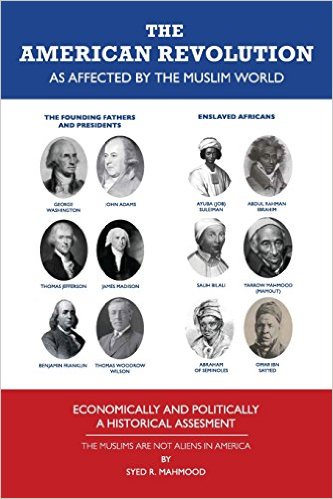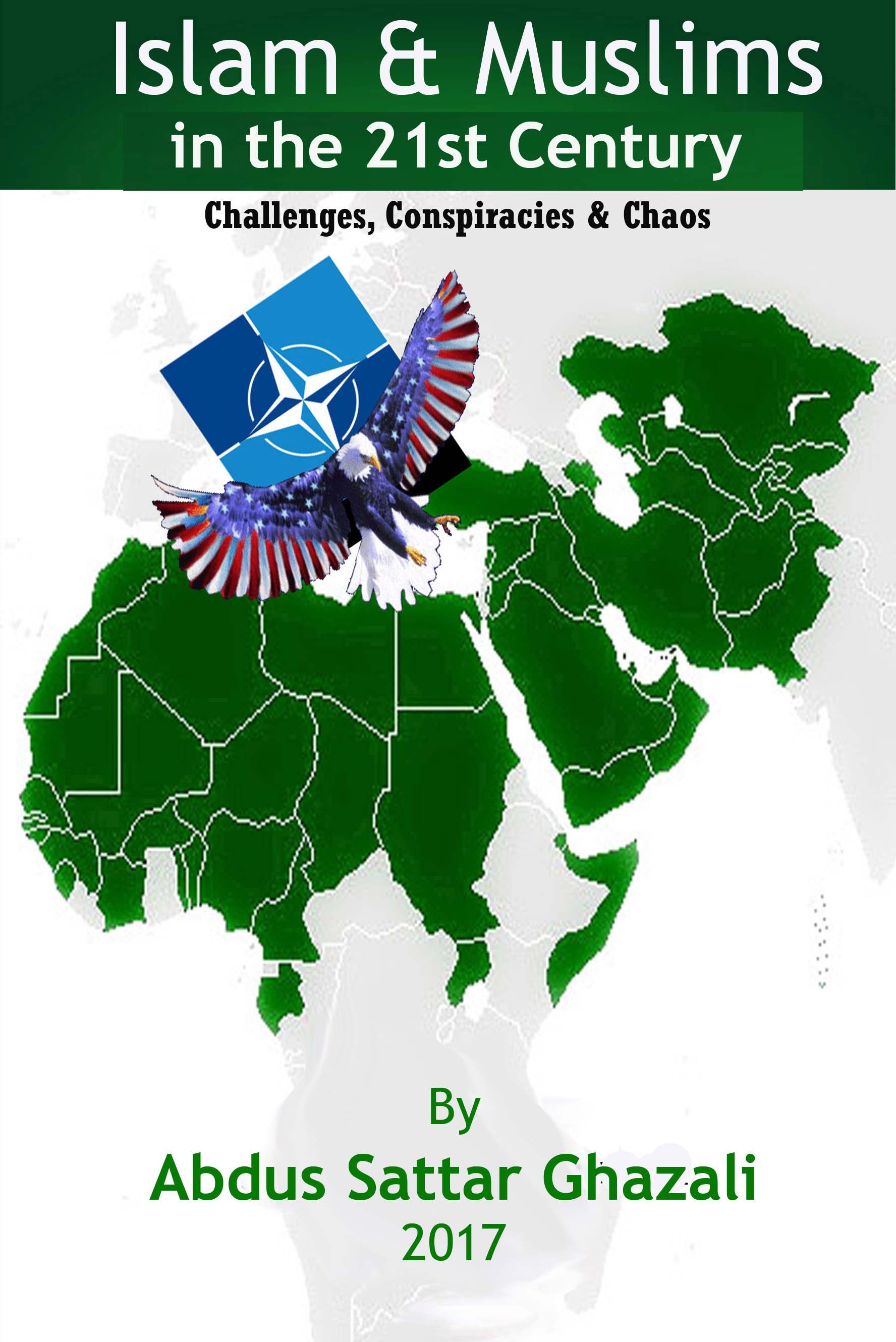July 6, 2020
China-India border standoff: The Russian Connection
By Abdus Sattar Ghazali
It is true that, unlike the US, Russia is not willing to be directly involved as a go-between, but a reduction of tensions and launching talks on border demarcation would be an ideal scenario that it wants to see happen, says Retired Colonel Andrey Akulov.
Writing on the Russian TV, Moscow-based expert on military affairs Akulov said India and China are the global actors that Moscow needs to further its economic interests and foreign policy goals. Each great nation serves as a counterweight to the other. Besides, China counterbalances the US, while India counterbalances China.
Col. Akulov argues that supporting one of them would tilt the balance, depriving Russia of a strategic partner that will be a lose-lose situation for Moscow. “It simply cannot idly stand by as the situation aggravates further. Despite the declared refusal to step in as a mediator, Russia is doomed to be the one acting quietly behind the scenes – which is the right thing to do. Its sheer weight as a political, military and economic partner of China and India is enough to influence the manner in which events unfold.”
He admits that the events appear to be pushing India closer to the United States, while American-Chinese relations are deteriorating fast. New Delhi can get diplomatic support and boost arms imports from Washington. That would serve US interests.
One can hardly imagine Washington trying to mitigate the tensions at the Chinese-Indian border, because it needs India as an ally in its crusade against China, he argued and added:
“Considering the mounting tension in the West Pacific, especially in the South China Sea, it would serve US interests if China were to move some of its forces, including shorter and intermediate-range ground-based missiles as well as strike aircraft, to the Himalayas, away from the coastal areas.
“It may be frustrating for Washington that New Delhi has revealed an interest in acquiring Russian, not American, weapons following the aggravation of tensions with Beijing. In particular, it asked Moscow to speed up the delivery of the cutting-edge S-400 long-range air defense system. This is a defensive weapon, and Beijing never asked Moscow not to sell it to India.
“Russia has a vested interest in political stability in Eurasia, and maintaining peace there is the paramount goal of its diplomacy. Moscow regards India and China as two friendly nations, but has not undertaken any open effort to get involved in the reconciliation process.”
Tellingly, Russian Foreign Minister Sergey Lavrov hosted a video conference of foreign ministers of Russia, India and China, one June 23. Following the video conference Russian Foreign Minister Sergey Lavrov was asked: As a Russia, India and China (RIC) group member, can Russia contribute to strengthening trust between India and China when these countries are confronting each other on their borders?
Lavrov responded “I see no reason for Russia or anyone else to offer their services to India and China in advancing talks to resolve any issues between them. Their relations have made great headway in the past few years.”
Col Andrey Akulov says one of the scenarios envisages India moving much closer to the US and its allies. New Delhi may pick a side in Washington’s standoff with Beijing, under pressure from some influential circles representing the nation’s political elite.
It could boost its ties with the US-led Quadrilateral Security Dialogue (the Quad), an informal strategic forum comprising the United States, Japan, Australia and India, created to counter China. Such a development would further strengthen the Russia-China relationship, including military cooperation, with speed bumps emerging to slow down the development of Russia-India political and military ties, Akulov concludes.
Russia will not provide India an edge over China
With the dynamic between the three nations changed radically since 1991, Russia will not provide India an edge over China in a prospective war, says Indian columnist Girish Shahane.
US President Donald Trump wants desperately to insert himself into the India-China dispute but the two countries have sensibly ignored him and turned to Russian President Vladimir Putin as a neutral intermediary he said in a comment published by The Mint.
He says: “Russia’s friendship with India is long-standing and its ties with China have been severely strained in the past. However, the two relationships have been moving in opposite directions. While India has shifted towards the American orbit, China and Russia have come steadily closer.
“There remains a wellspring of goodwill between the countries but the relationship has turned transactional, with India tied somewhat reluctantly to its legacy of Soviet weaponry. The Indian government has announced purchase, in the aftermath of the border skirmish on 15 June, of an additional 21 MiG 29 fighters and 12 Sukhoi Su-30 MKI aircraft. Russia will sell those to us happily but it equips the Chinese with the same aircraft.”
Russia and China have both endured an increasingly toxic relationship with the US and it may be that the problems run deeper than the disruption caused by the current occupant of the White House, Shahane said adding: “A number of commentators expect a polarized world order to emerge in the next decade, with China and the US as its hubs. If that happens, India might be forced to pick a side for the first time in its independent history, and it is clearer than ever, given the events of the past month, which side that will be.”
Abdus Sattar Ghazali is the Chief Editor of the Journal of America (www.journalofamerica.net) email: asghazali2011 (@) gmail.com

The Journal of America Team:
Editor in chief:
Abdus Sattar Ghazali
Senior Editor:
Prof. Arthur Scott
Special Correspondent
Maryam Turab



